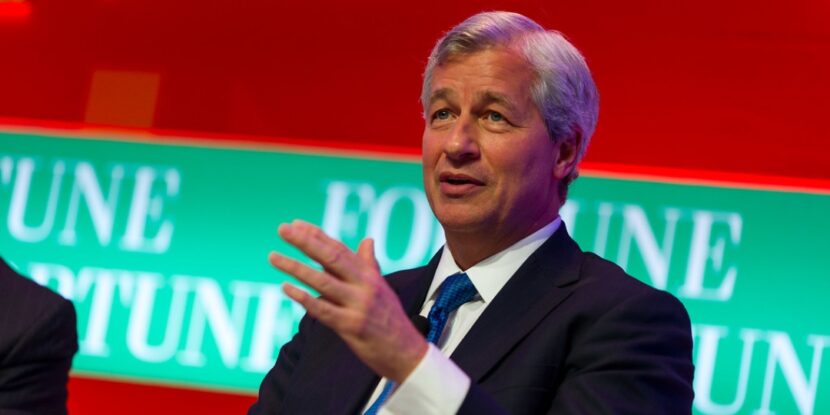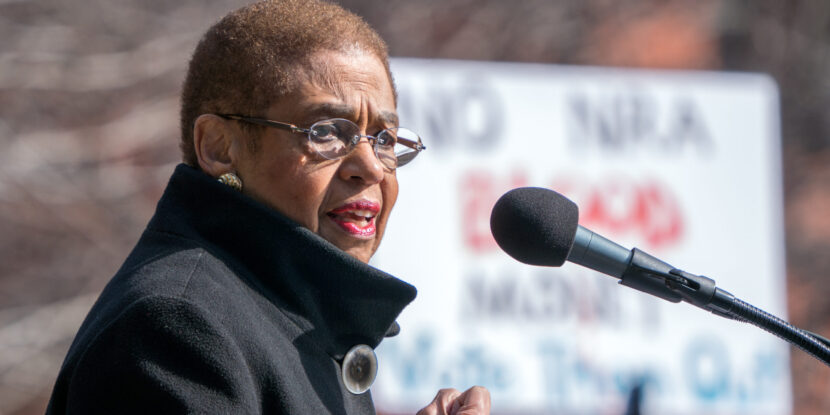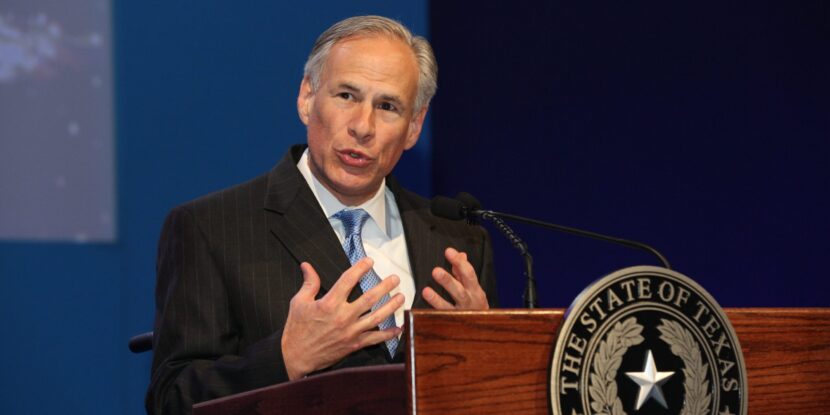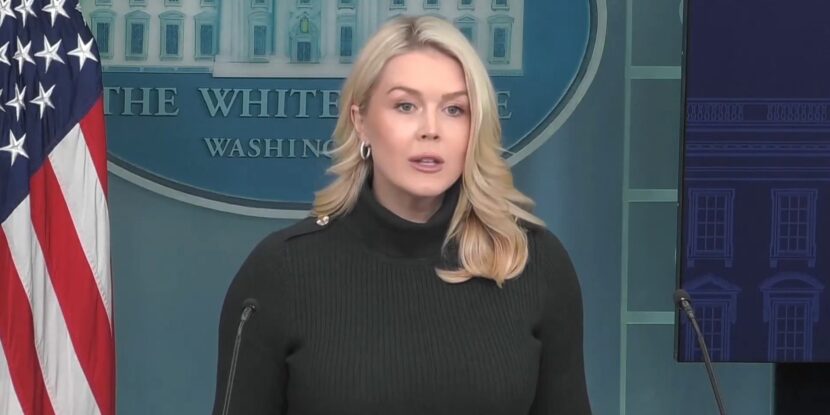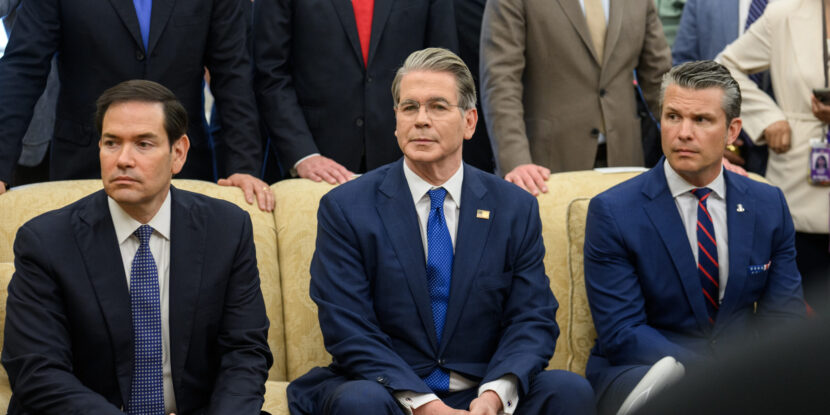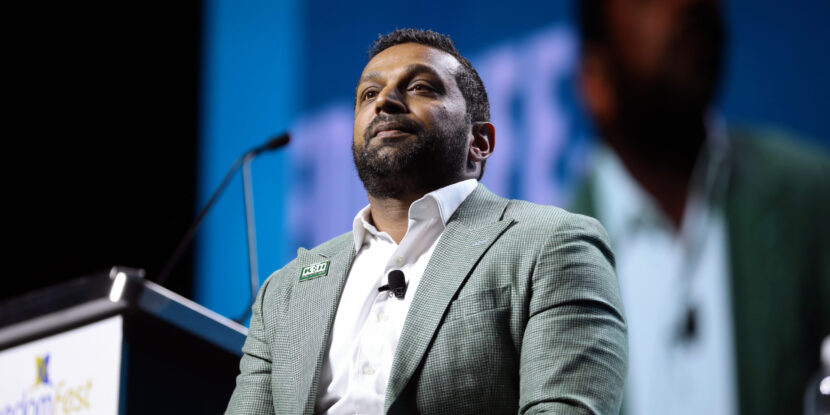JPMorgan Chase CEO Jamie Dimon is throwing his support behind President Donald J. Trump’s plan to enact aggressive tariffs on foreign trade. Speaking with the media on Wednesday at the World Economic Forum (WEF) in Davos, Switzerland, Dimon described Trump’s tariffs as a beneficial “economic weapon.”
“If it’s a little inflationary, but it’s good for national security, so be it. I mean, get over it,” Dimon said, adding: “National security trumps a little bit more inflation.”
However, President Trump’s tariffs may not even prove to be inflationary. The levies, by their nature, cause ‘demand destruction’ by suppressing the demand for foreign goods, which actually has a deflationary effect on prices. Some exporters may choose not to pass the costs of the tariffs on to consumers to avoid this.
Dimon, who heads the largest bank in the United States, emphasized that Trump’s tariff plan is aimed at protecting American economic and national security interests. Additionally, the JPMorgan Chase CEO argued the plan will bring foreign trade partners back to the negotiating table to address unfair imbalances.
HISTORY.
During Trump’s first term, Dimon had been vocal about the potential economic threats posed by tariffs. In multiple instances in 2018, he stated they “wouldn’t be a positive,” and in 2019, he continued to express concerns about their effects. However, early last year the banking titan appeared to warm to Trump, stating the America First leader “wasn’t wrong” about everything. Dimon specifically noted Trump’s push for NATO member countries to increase their defense budgets and the need to halt illegal immigration. In addition, he admitted Trump’s tariffs on China spurred a successful decoupling of the U.S. economy from America’s Asian adversary.
Trump, in his second term, has announced plans to introduce 25 percent tariffs on Canadian and Mexican products by next month, along with a 10 percent tariff on imports from China. In light of these plans, Dimon has reconsidered the utility of tariffs in international negotiations. He stated, “The question is how they get used… Can they be used to bring people to the table? Yes.”
